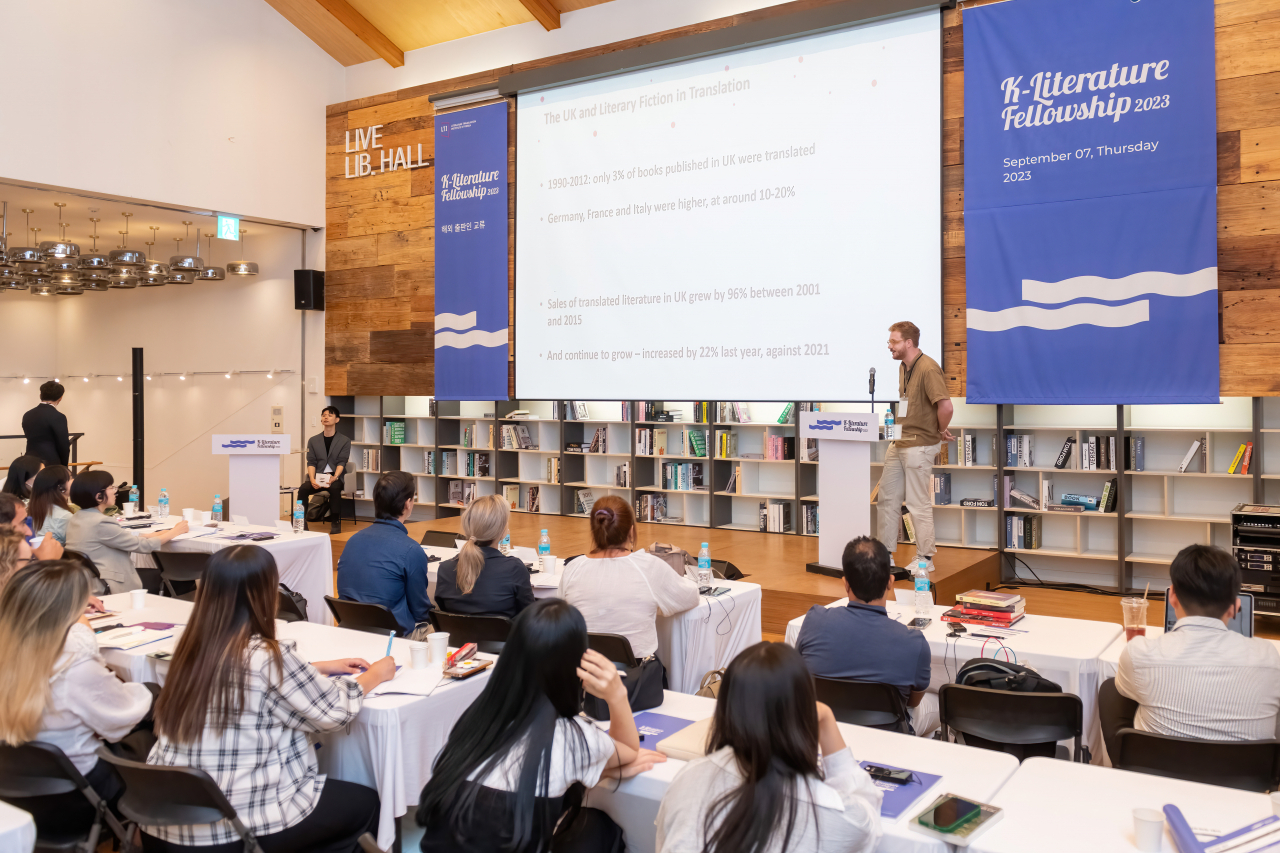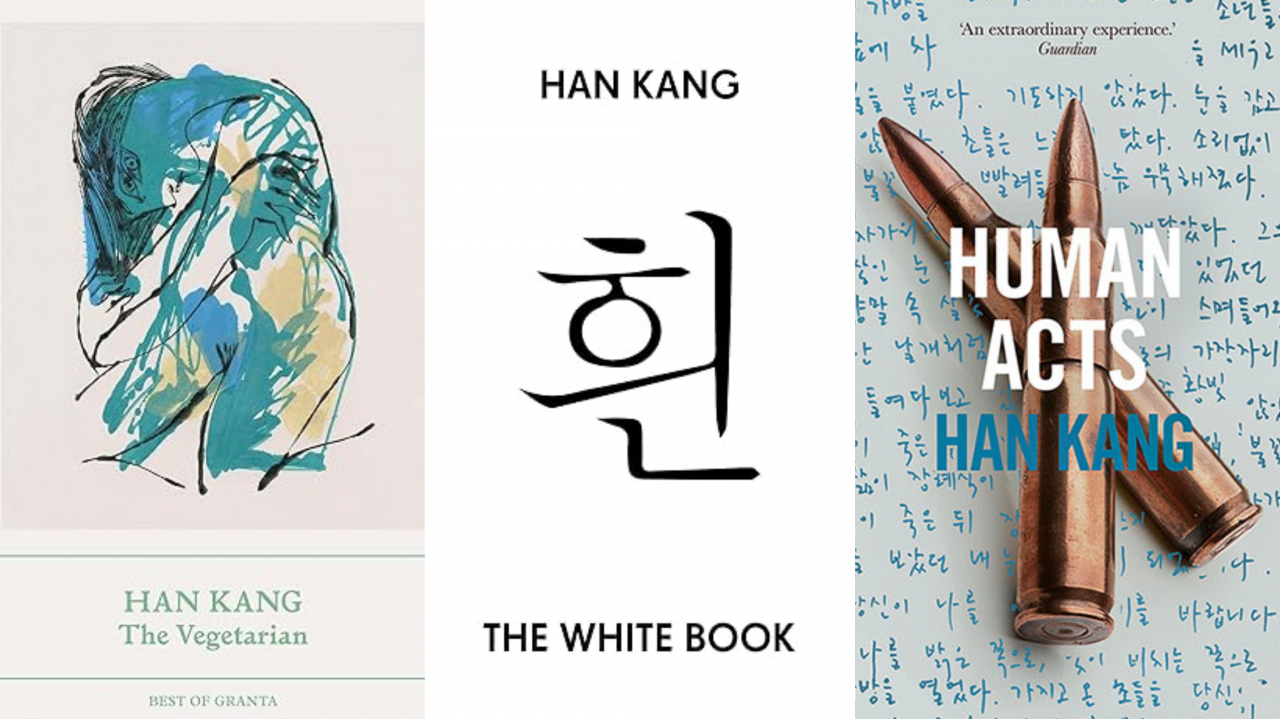[Herald Interview] Global publishers' take on Korean literature
US, UK publishers seek next Korean literary gems, emphasize vital role of translators
By Hwang Dong-heePublished : Sept. 21, 2023 - 17:54

The K-Literature Fellowship, an initiative organized by the Literature Translation Institute of Korea to promote Korean literature overseas, has been bringing international publishers and literary agents to Seoul since 2018.
Over 70 global publishing companies have participated in the program so far, resulting in the publication of some 100 Korean literary works worldwide.
This year, the fellowship invited 15 publishing houses from 11 countries to Seoul, where they joined 14 Korean publishers and agents for networking opportunities and copyright discussions Sept. 7-11.
The Korea Herald spoke with editors from the UK and US publishing houses to talk about Korean literature, its latest trends and developments in the global literary landscape.

Granta Books, known for introducing three of Han Kang’s books, including the International Booker Prize-winning “The Vegetarian” (translation by Deborah Smith), Booker-shortlisted “The White Book” and “Human Acts,” has set its sights on discovering the next gem in Korean literature.
“In the UK market, about two million copies of translated literature are sold. The most popular language within those two million is Japanese and number two is Korean,” noted Daniel Bird, an editor at Granta Books. “That’s not including 'manhwa' (comics) or webtoon sales, which is pretty phenomenal.”
The editor said one of the key strengths contributing to the changing fortunes of Korean literature is the wide range of literary works making their way to the UK.
“Younger readers are looking for work in political literary fiction, that is interrogating class, urbanization, gentrification or colonialism. And Korean literature has been doing a lot of that. It has deep social conscience through distinct aesthetic modes.”
“In addition to that, there is also commercial fiction, such as ‘I Want to Die but I Want to Eat Tteokbokki’ (by Baek Se-hee, translation by Anton Hur). And already you can see the ‘K-healing’ trend emerging in the UK. So it's quite a broad tapestry of literature.”
Gaining a better understanding of the sci-fi boom in Korea was one of the reasons for Bird coming to Korea. He said he is going back with quite a lot of materials and feels pretty confident in his bag of books.
The editor also shared his experience of teaching aspiring translators at LTI Korea’s Translation Academy program for two years, from 2021 to 2022.
“It’s a brilliant program. This model of working with emerging translators is something I haven't encountered elsewhere. And I think it’s really a strong initiative that LTI Korea runs.”
“I also think (the program) is really important because translators play such a huge role in translated literature,” Bird said.












![[Kim So-hyun] The quiet taxi driver from Paris](http://res.heraldm.com/phpwas/restmb_idxmake.php?idx=644&simg=/content/image/2024/04/25/20240425050891_0.jpg&u=)







